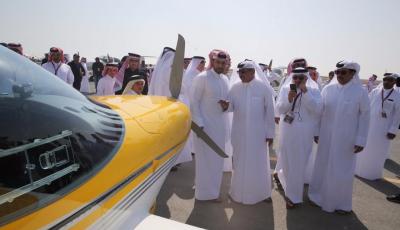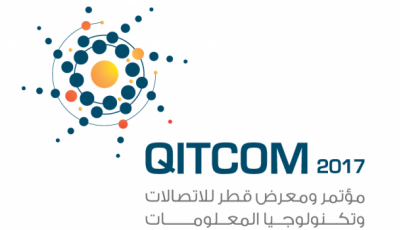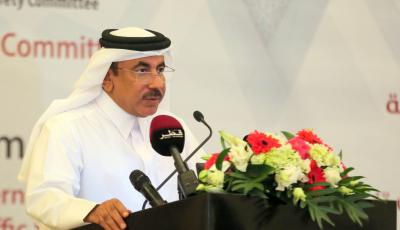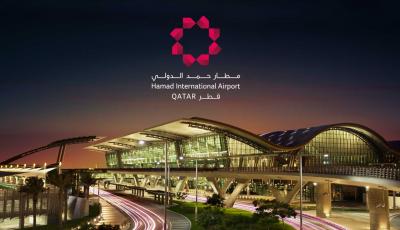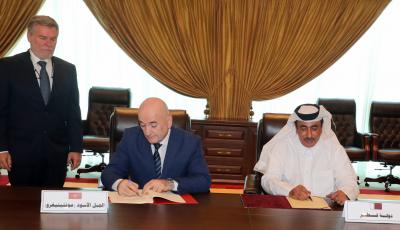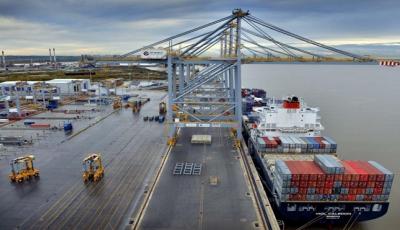Tuesday, February 7, 2017
QITCOM 2017 Conference to Focus on Smart Technology for Sustainable Development
Doha – The Conference at QITCOM 2017, part of Qatar’s biggest digital event, will focus on the transformational power of technology to improve quality of life and promote sustainable economic growth. Managed by the Ministry of Transport and Communications, QITCOM’s Conference will take place from 7 to 8 March at the Qatar National Convention Centre.QITCOM 2017’s Conference features over forty internationally renowned expert speakers with specialist knowledge in their field. Among the Conference’s keynote speakers is Professor Carlo Ratti who directs the Senseable City Lab at the Massachusetts Institute of Technology (MIT) who will be discussing how technology has the potential to shape the cities we live in and improve the quality of life for citizens. The concept of Smart Cities will be a key theme throughout the Conference, highlighting how the application of smart technology can drive sustainable growth across different sectors of the economy.Following the opening session, topics examined on the first day of the Conference include how technology can enable more efficient transportation systems to reduce congestion, boost GDP and facilitate a transition to a low carbon economy. The use of digital clusters as a business model to drive economic growth by stimulating innovation, creating jobs and attracting international investment will then be followed by a session on how digital technologies are enabling governments to engage with their citizens in more effective and efficient ways online.Among the sessions on day two are cybersecurity for Smart Cities to ensure digital safety, and the challenges and trends in the current technological revolution taking place in the healthcare sector for future healthier societies. The application of technology as a driver for environmental sustainability through more efficient resource consumption will precede the final topic of the day on how sporting mega events such as the 2022 World Cup are being transformed by technology in terms of athlete performance and stadium entertainment.Ms. Reem Al Mansoori, Assistant Undersecretary of Digital Society Development Sector, Ministry of Transport and Communications, said: “QITCOM 2017’s Conference is the region’s preeminent platform for senior-level government officials, business leaders, academics, innovators and investors to interact, network and share knowledge on sustainable economic development through technological innovation. As well as exceptional international speakers, the Conference will also feature a large number of Qatari speakers who are leading the application of Smart City technology, in what promises to be a thought-provoking two days of discussion on sustainable solutions to real-world issues that affect all of us around the world.”Keynote speaker Carlo Ratti, Professor at MIT and founding partner at Carlo Ratti Associati design office said: “Today, we find ourselves in a moment of crucial change. Internet is entering the spaces we live in, and is becoming Internet of Things. It is merging the physical and digital layers, giving rise to cyber-physical systems. This transformation is opening the door to a new world of applications that can encompass many domains, as it happened with the first wave of the Internet. As a result, many aspects of urban life are being rapidly transformed: from energy to waste management, from mobility to water distribution, from city planning to citizen engagement. Confronting these changes requires an open and cross-disciplinary debate, and it is for this reason that I really look forward to joining the QITCOM 2017 Conference. It will be a great opportunity to discuss innovation and the ways in which technology can improve quality of life in our cities.”more http://qitcom.net/
